The sun has set and darkness settles in over the horizon, but the night is just beginning to shine for many Indians.
Diwali, the Hindu festival of lights, falls on Nov. 12, 2023. As the largest of the Hindu holidays, Diwali highlights many core aspects of Indian culture and celebrates the joy that follows periods of difficulty.
“It’s just really positive,” said Khushi Gowda ’26. “It’s a time for us to get together and celebrate a story [of our culture]. There’s no negativity it’s not serious, it’s just a [reason] for us to get together and have fun but also celebrate a piece of our culture and incorporate it into a party.”
Diwali comes from a story in the extensive Hindu epic called the Ramayana, which describes tales of many Hindu gods and goddesses. This narrative tells of the treacherous but rewarding journey taken by Lord Rama and his brother, Lord Lakshmana, to the island of Lanka, where they rescue Rama’s wife, Sita, from the ten–headed demon, Ravana.
“Everyone will put diyas, these little oil lamps to allow [the Hindu gods] … to find their way back to Ayodhya,” said Jai Garg ’24. “[The diyas signify bringing in] blessings and your connection to your culture. I’ve been doing it since I was very young and it reminds me of my family back in India and my family here.”
The holiday is celebrated in various ways, but the differences do not change the positive energy surrounding Diwali. Those who celebrate often organize their homes, purchase new items and light diyas to welcome prosperity into their homes.
“Everyone does it differently,” said Gowda. “A lot of people are more festive and do multiple days of celebration, and there are some that don’t do as much. … For us, it’s just a celebration where we get together with family and friends and celebrate with lights and food.”
Most festivities include bright colors or some form of light to represent the defeat of Ravana. The symbolism of light over darkness shines through in other common festivities like lighting sparklers and fireworks.
“We’ll take colored sand or powder and make [patterns called] rangolis,” said Garg. “It’s a fun thing to do with your family and siblings for good luck. You typically make it by your diyas outside, in front of your house.”
In India, Diwali is a constant across the nation of one billion. Many other Hindu holidays are celebrated in different methods and capacities in various regions of India, but Diwali holds significance everywhere.
“Diwali is really just a manifestation of Indian culture as a whole,” said Anwita Suresh ‘25. “If you could describe Indian culture in one day or in one way, it would be Diwali …
I look forward to Diwali every year because it’s that one unifying [holiday] that’s not specific to South India or North India; it’s [for] everybody. I think it really unifies India as a whole, and it’s really fun.”
Diwali is usually celebrated with large groups of friends and family. In the United States, the holiday is an opportunity for many Indians to share their culture with others.
“We get together with a lot of our family–friends and people that we usually wouldn’t [see], and we have a big Indian community that we get together with,” said Gowda. “We’re able to connect with them, and that’s what’s most fun.”
The vivid nature of Indian culture is heavily seen in Diwali. Incorporating large groups of people, music, dance and food creates a grand night of pure joy and positivity.
“Diwali has to highlight the celebration aspect of Indian culture,” said Tarun Subramanian ‘24. “There are religious aspects [to the holiday], but I feel like Diwali [about a cultural] celebration. It’s similar to a wedding — it’s a celebration of everything.”
The festival is special to many Indians due to the unification of a whole nation and cultural community. Intense symbolism, storytelling and traditions contribute to the formation of a unique holiday.
“It brings together people from all diverse backgrounds in India, no matter if you’re Sikh or Hindu or Catholic, for one celebration,” said Rheea Ghattaura ’24, co–president of South Asian Alliance club. “It’s like we’re all one [community] moving on from the past and celebrating just being Indian in any form.”

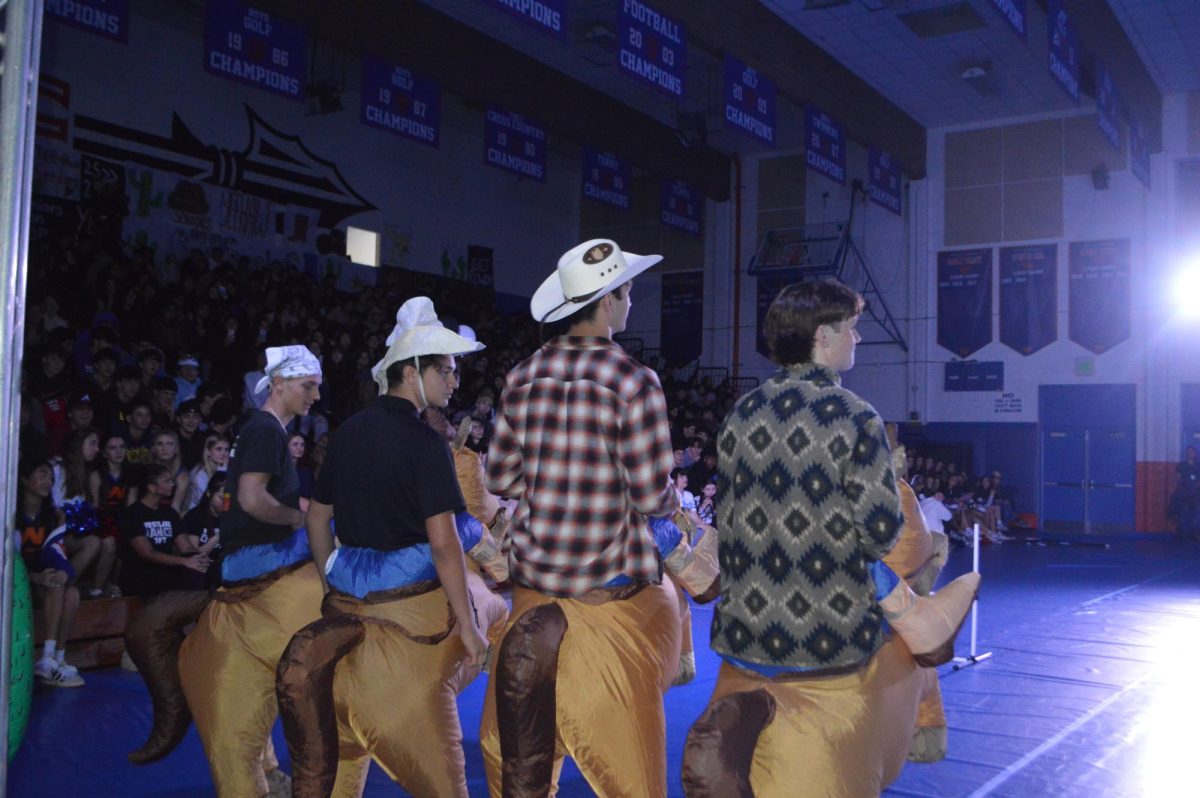
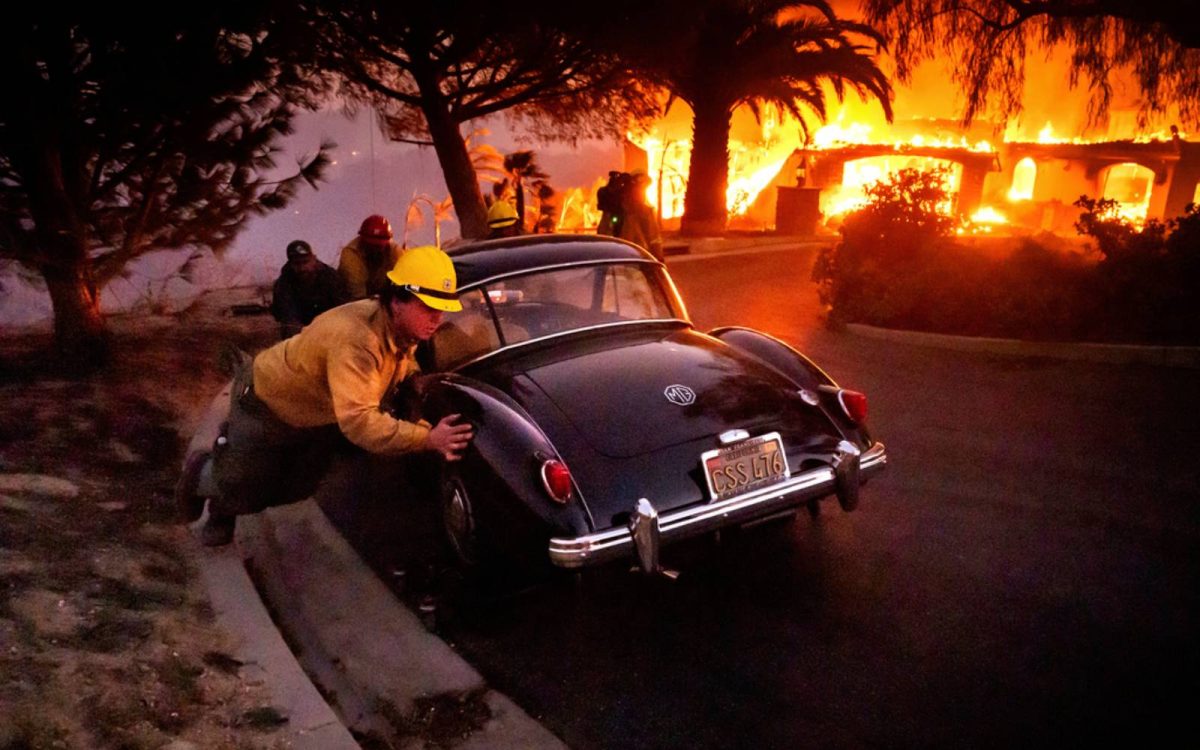
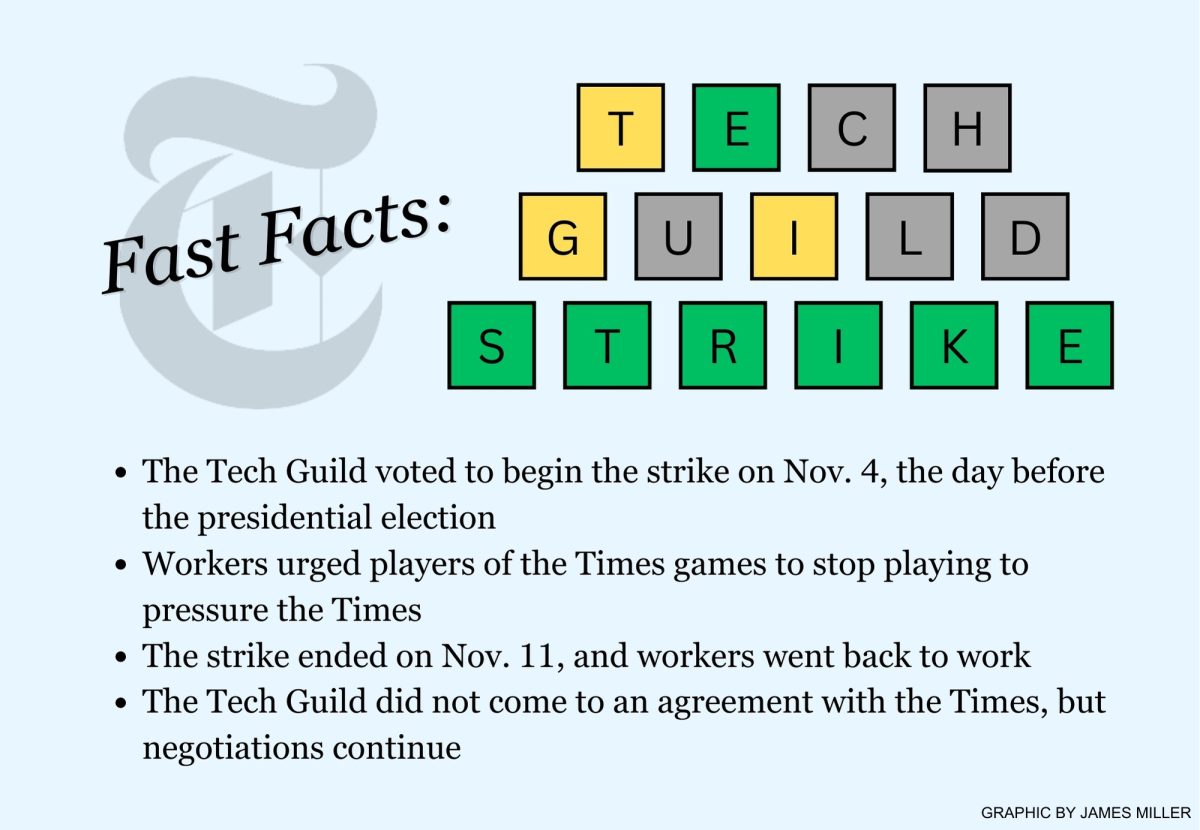


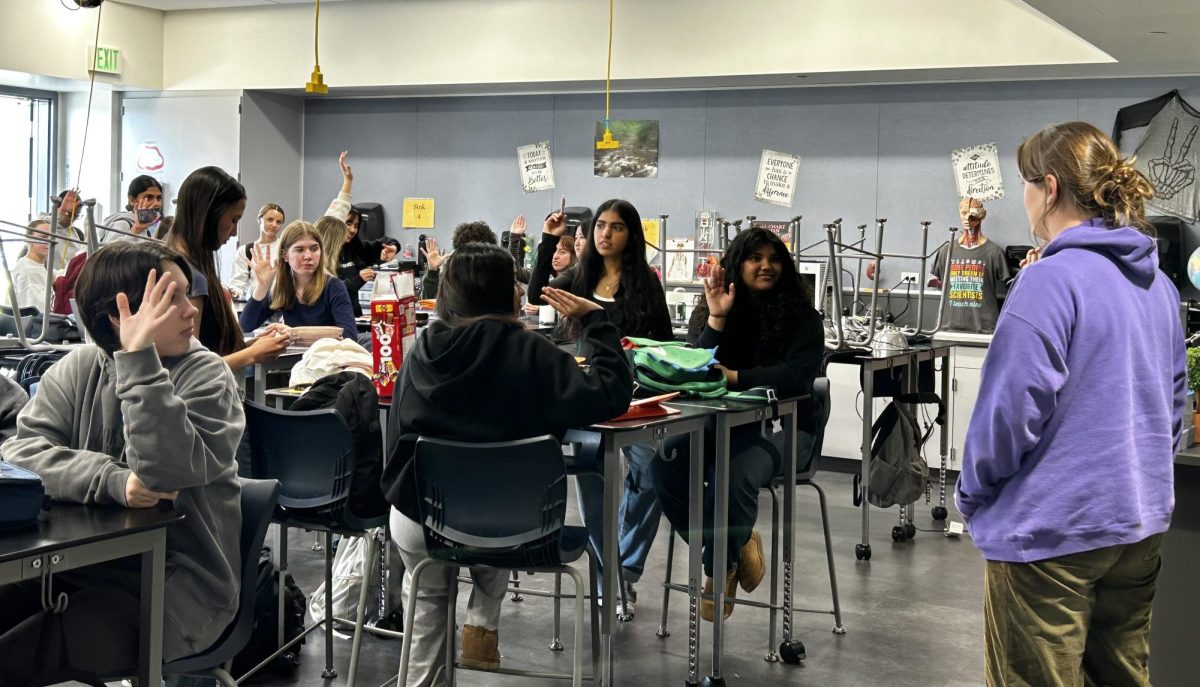

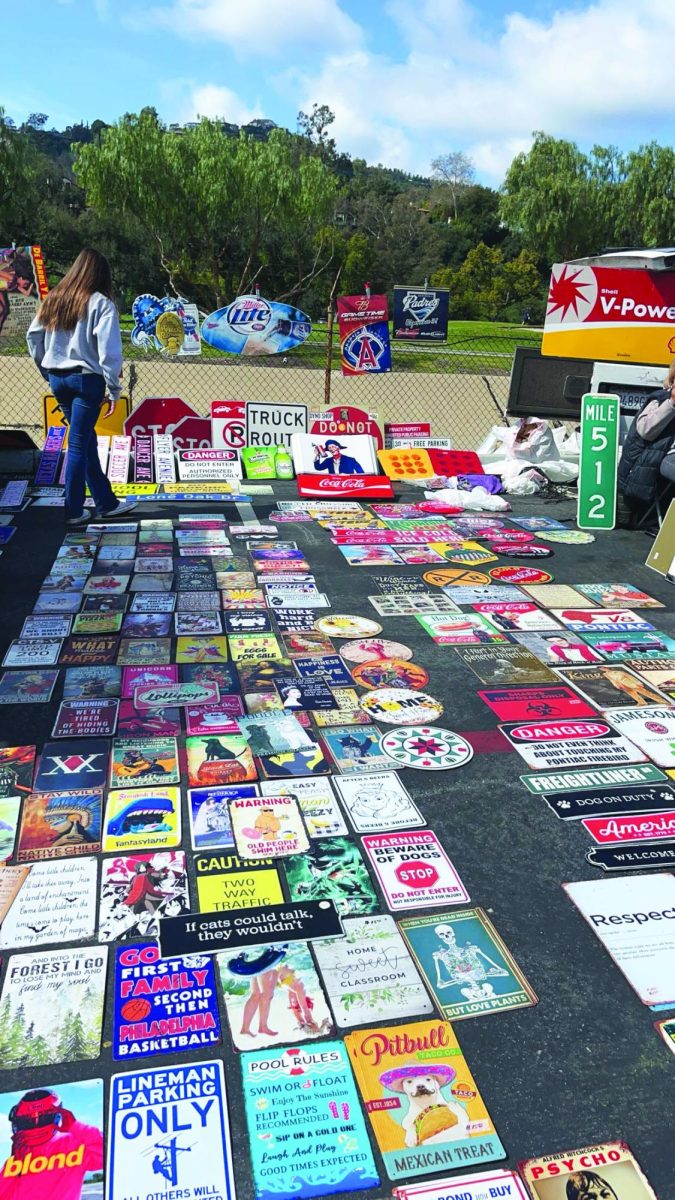
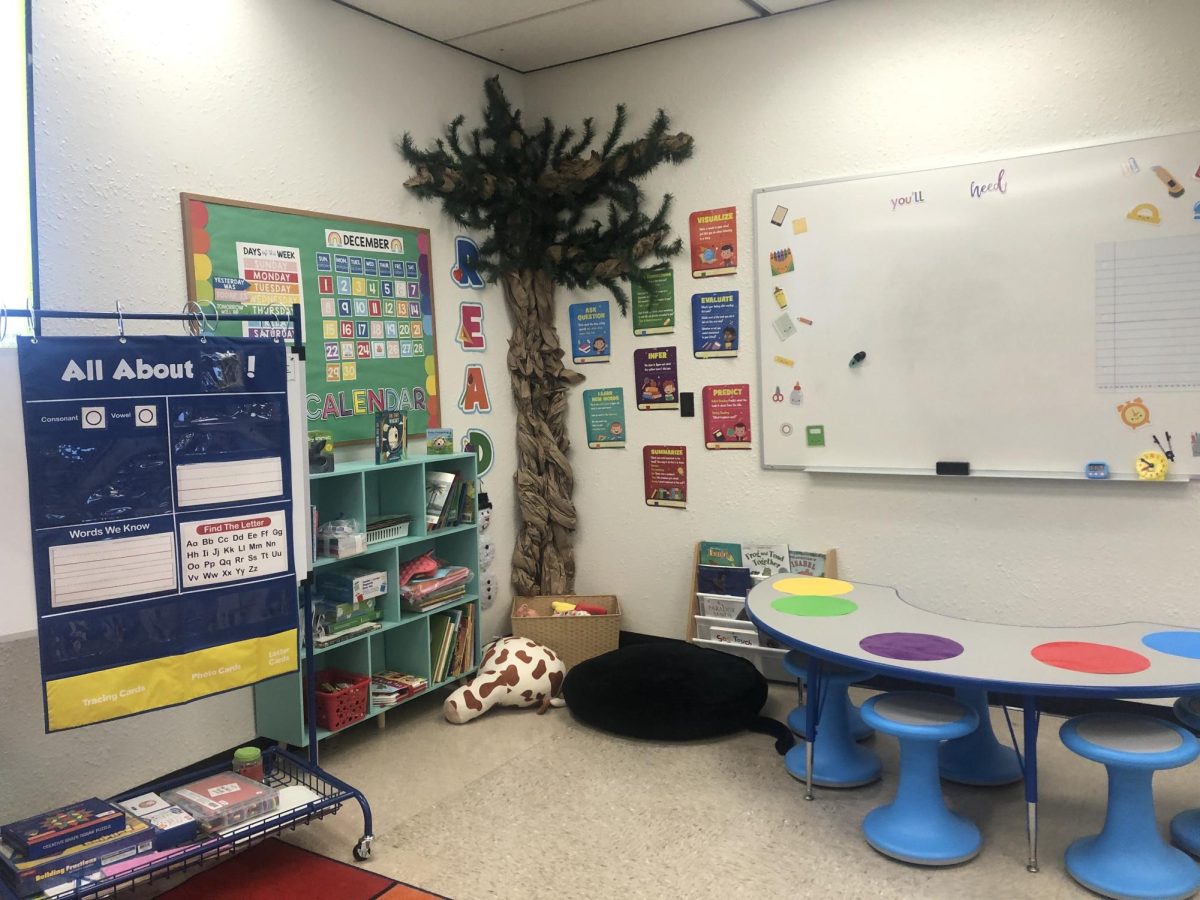
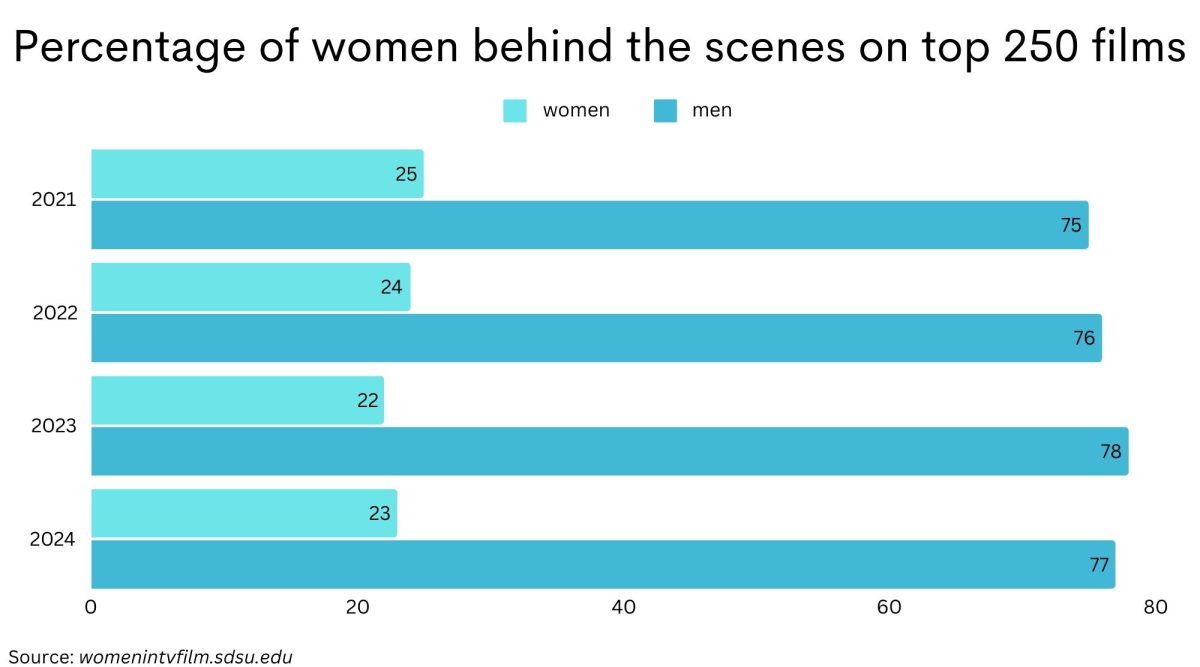
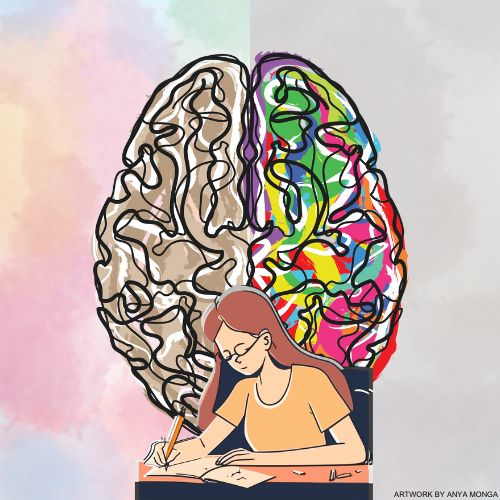
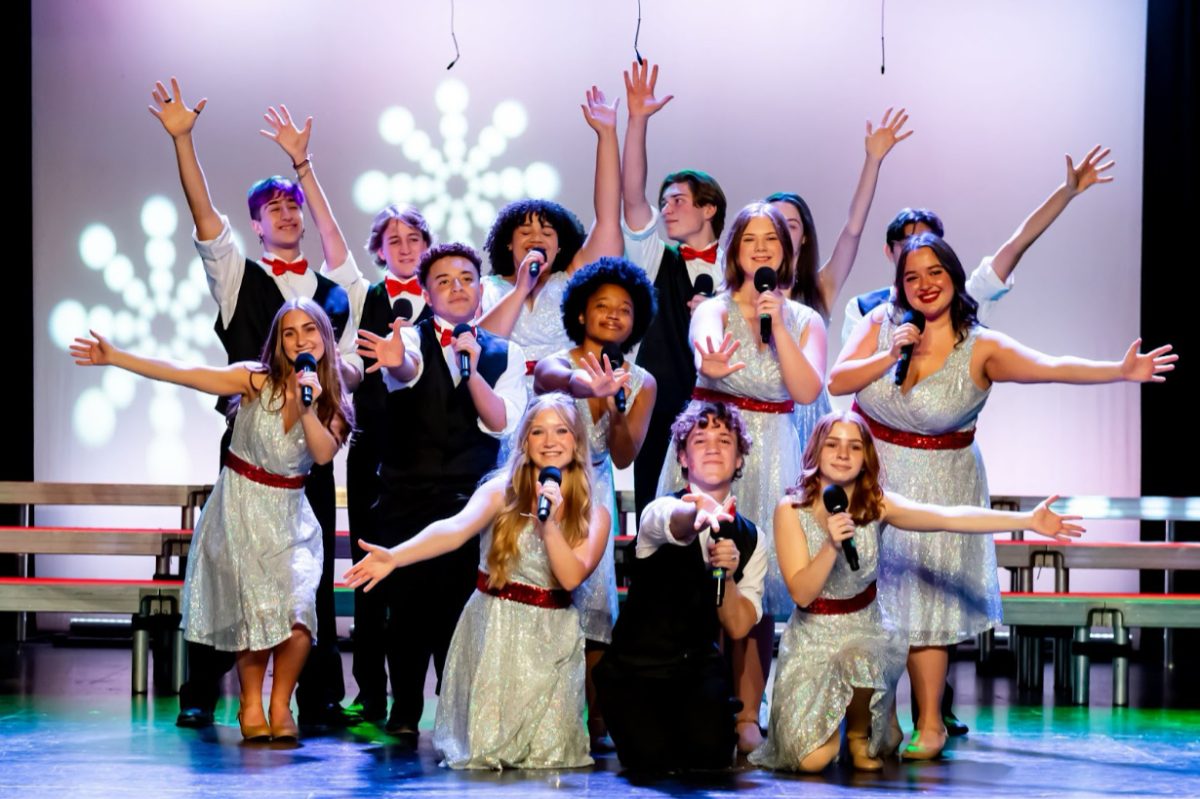
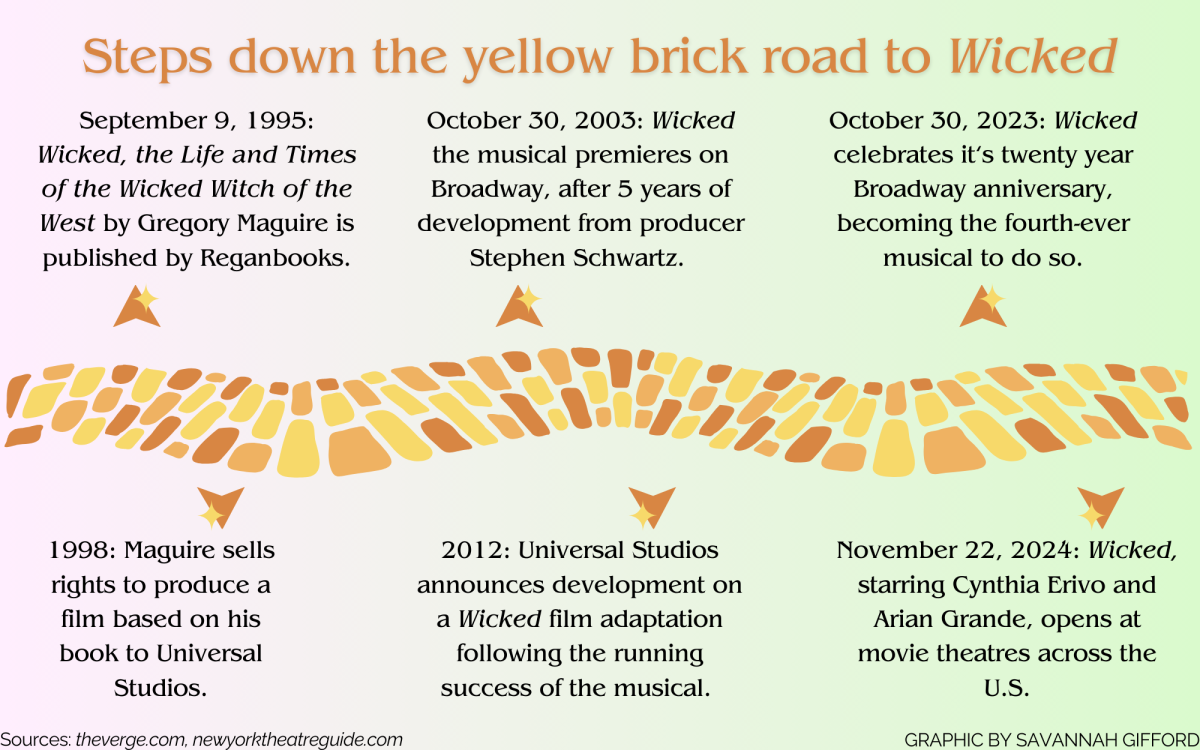
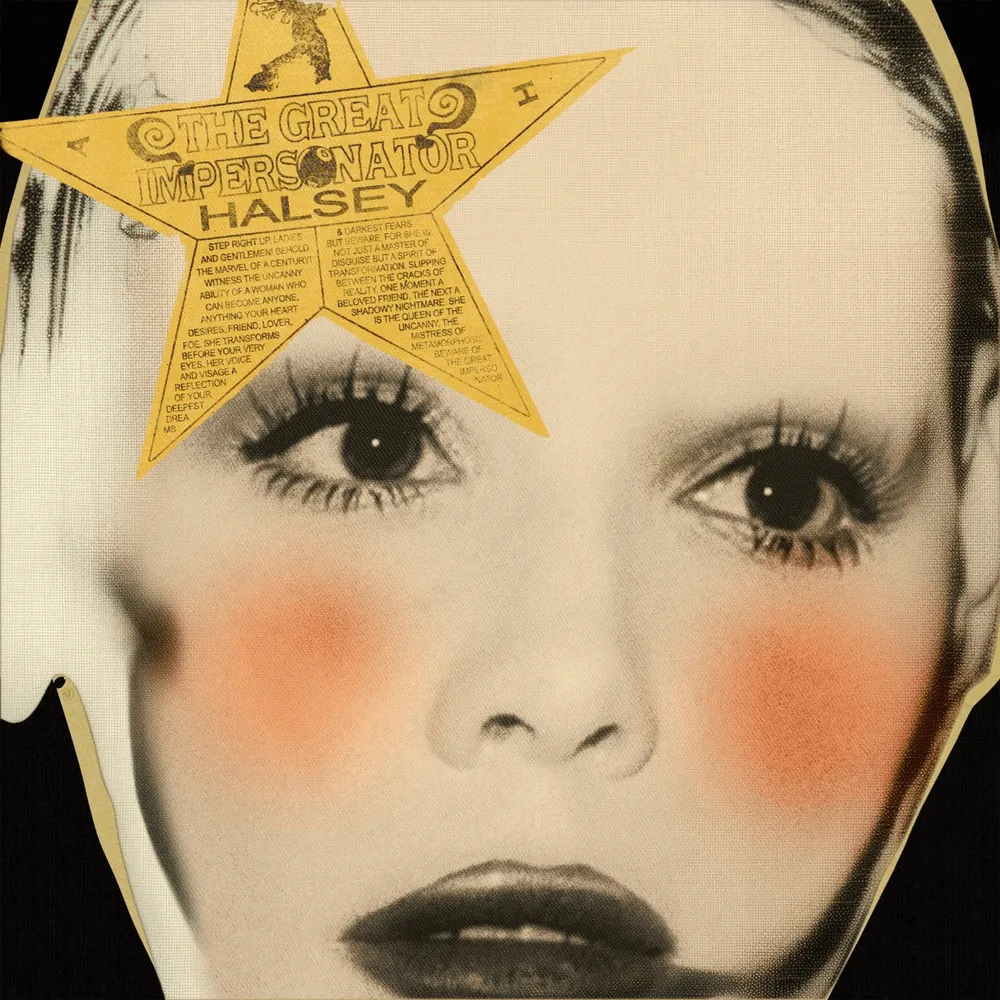




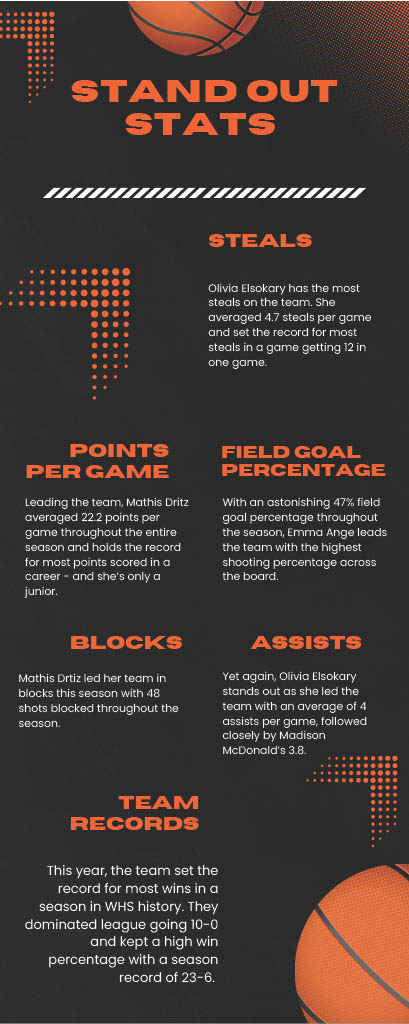
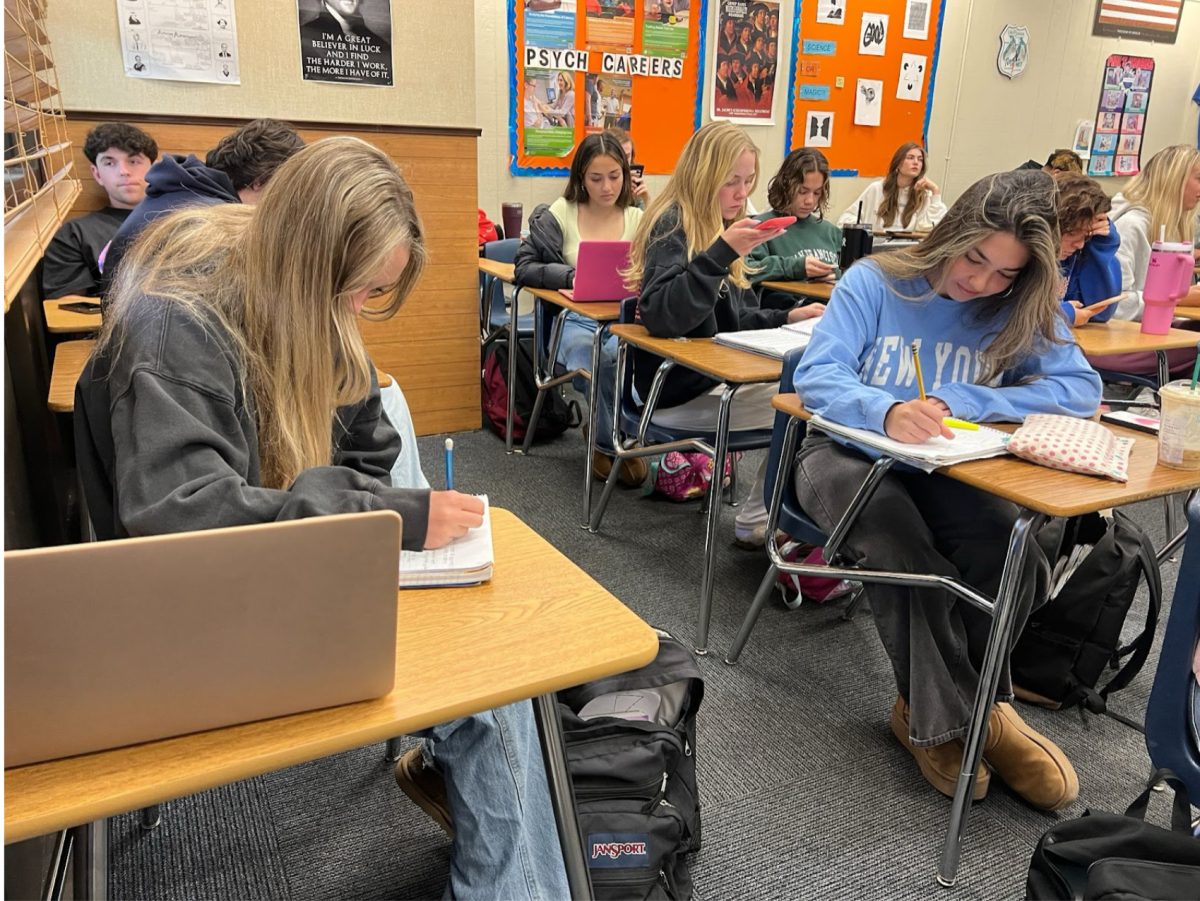
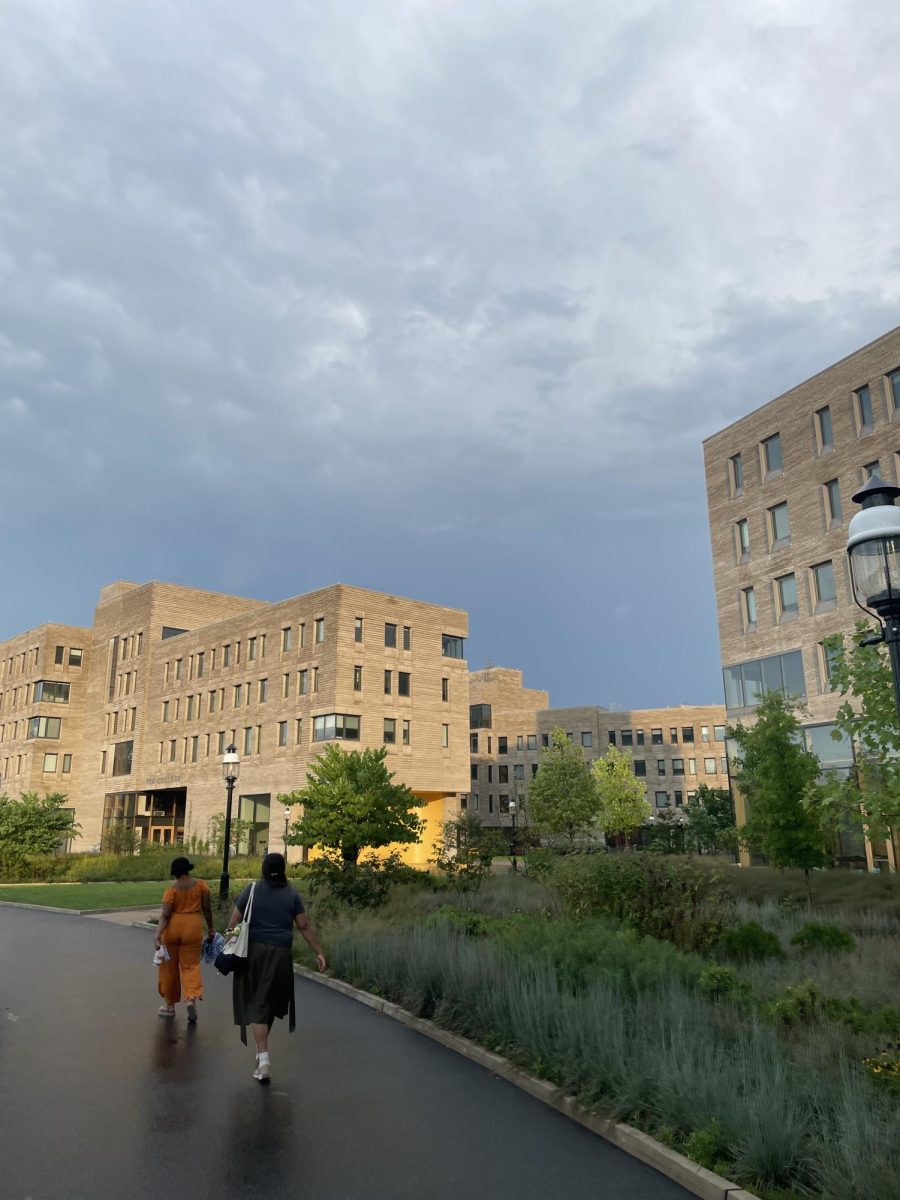
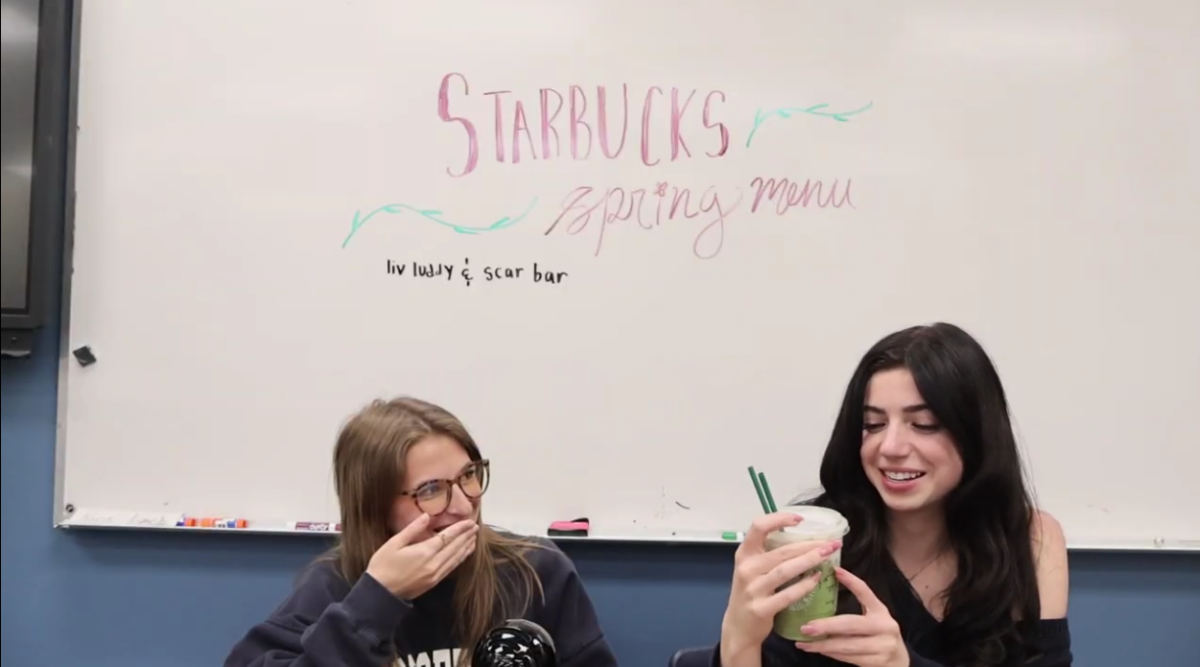
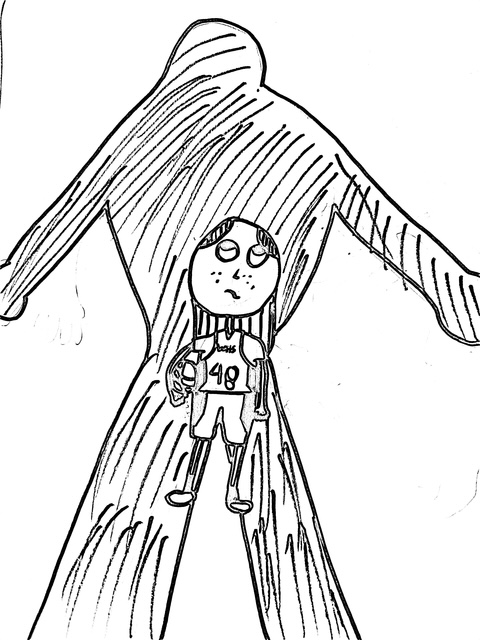
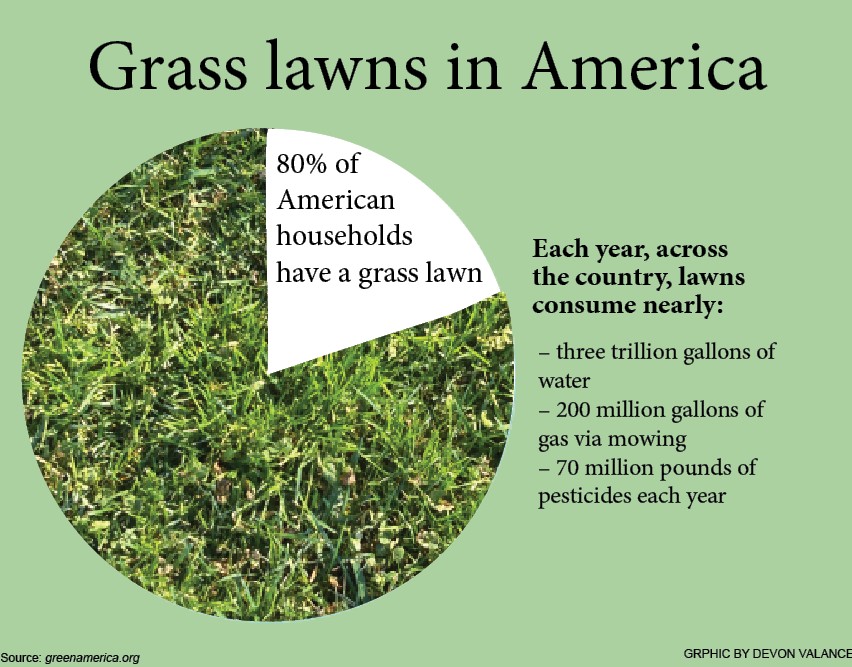
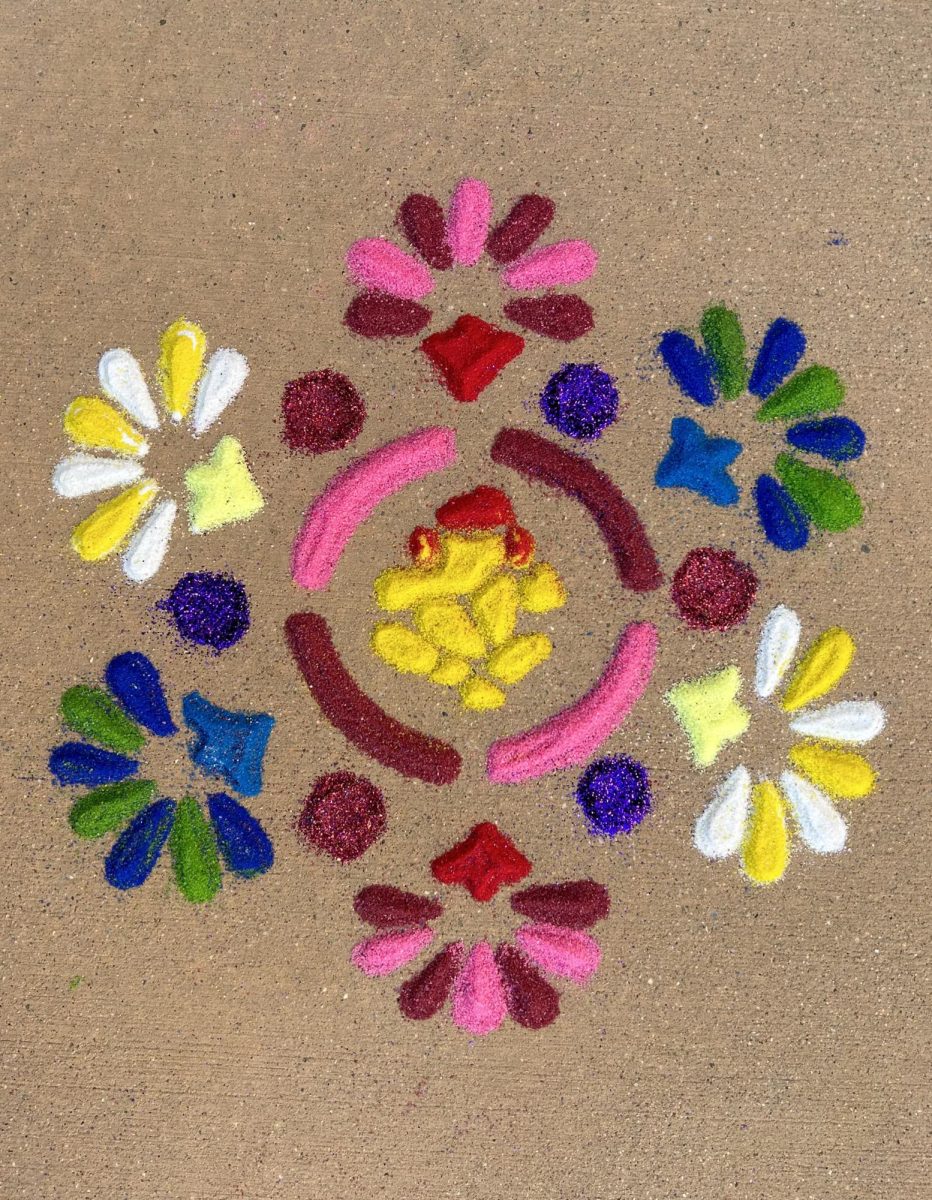
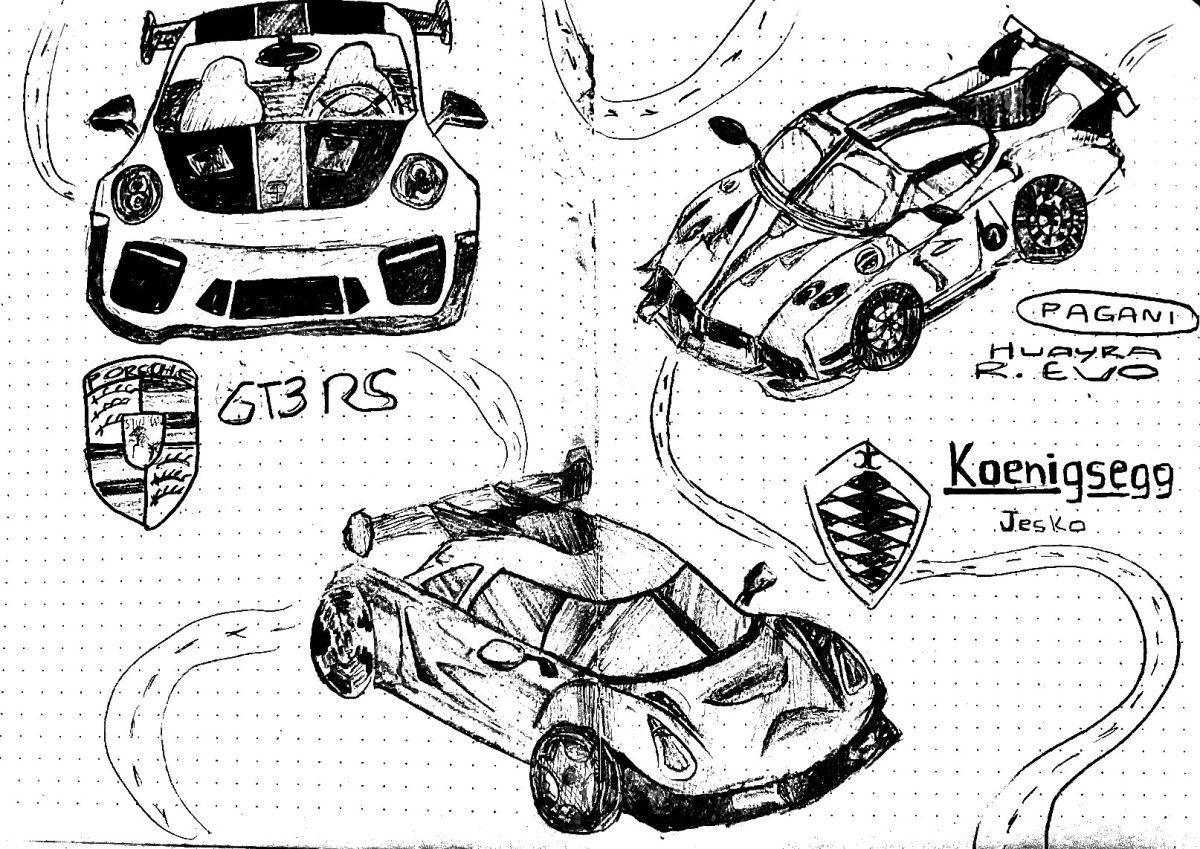
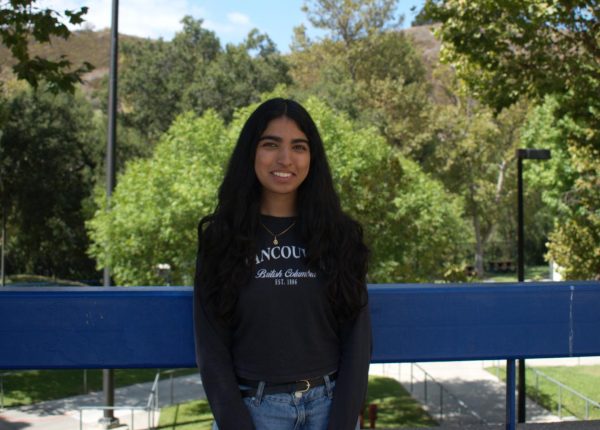
Marianne Preston • Nov 3, 2023 at 5:54 pm
Beautiful description — merci! 🙂